Introduction Of Epic Games
Two of the world’s most influential tech companies, Epic Games and Spotify, are taking a major step to challenge the norms of Apple’s App Store. On Friday, both companies submitted updated versions of their apps to Apple for review—submissions that previously would have been rejected under Apple’s long-standing App Store policies.

Table of Contents
This move marks a significant test of Apple’s newly revised rules, which were rolled out following a lengthy legal battle with Epic Games. These policy changes could usher in a new era of app distribution and monetization strategies for developers, both big and small.
For Epic Games, the submission could lead to Fortnite’s long-awaited return to the App Store. The wildly popular battle royale game was removed by Apple in 2020 after Epic intentionally broke App Store guidelines by adding a direct payment option in the app. This led to the termination of Epic’s developer account and sparked an antitrust lawsuit that captured global attention.
Though Apple won most parts of the lawsuit, the court did find that the company was stifling competition in how it managed in-app payments. As a result, the judge ordered Apple to allow developers to link users to alternative payment systems outside of Apple’s ecosystem—marking a pivotal shift in the App Store’s long-standing “walled garden” approach.
Spotify, too, is seizing this opportunity. The company submitted an updated app that includes new purchasing options for audiobooks. Under the proposed changes, users will be able to buy individual audiobooks directly within the app. In addition, Spotify plans to offer Premium subscribers the ability to purchase “top-up” hours when they exceed the 15 hours of free audiobook listening included in their monthly plan.
This push comes shortly after Apple approved an update to the Amazon Kindle app, which now features a “Buy Book” button—something Apple had previously blocked for years. That decision, along with Spotify’s recent approval to show pricing information for its subscription plans inside its U.S. streaming app, signals a clear loosening of Apple’s tight grip on app monetization.
The broader implications of these changes are enormous. For large companies like Epic and Spotify, the new rules offer more control over how they interact with customers and generate revenue. But the potential benefits for smaller developers could be even more transformative.
Under the old rules, Apple took a commission of up to 30% on in-app purchases, making it difficult for smaller developers to compete or experiment with alternative business models. Now, with more flexible payment options, indie developers and startups may find it easier to survive—and even thrive—in a more open app marketplace.
Still, the rollout of these new policies hasn’t come without tension. Apple has been accused of dragging its feet in complying with the court’s orders, and regulators in both the U.S. and Europe continue to scrutinize the company’s practices. In fact, Apple only finalized these policy updates after the court found it had failed to fully implement the changes as required.
Despite that, this moment represents a turning point. By submitting these bold new app updates, Epic Games and Spotify are not just testing Apple’s revised rules—they’re also setting the stage for what the future of mobile app commerce might look like.
If Apple approves these updates, it could open the floodgates for other developers to follow suit, potentially leading to a more competitive and diverse digital ecosystem. But if the submissions are rejected or heavily delayed, the legal and regulatory battles around Apple’s App Store dominance are far from over.
Either way, all eyes are now on Apple’s App Review.



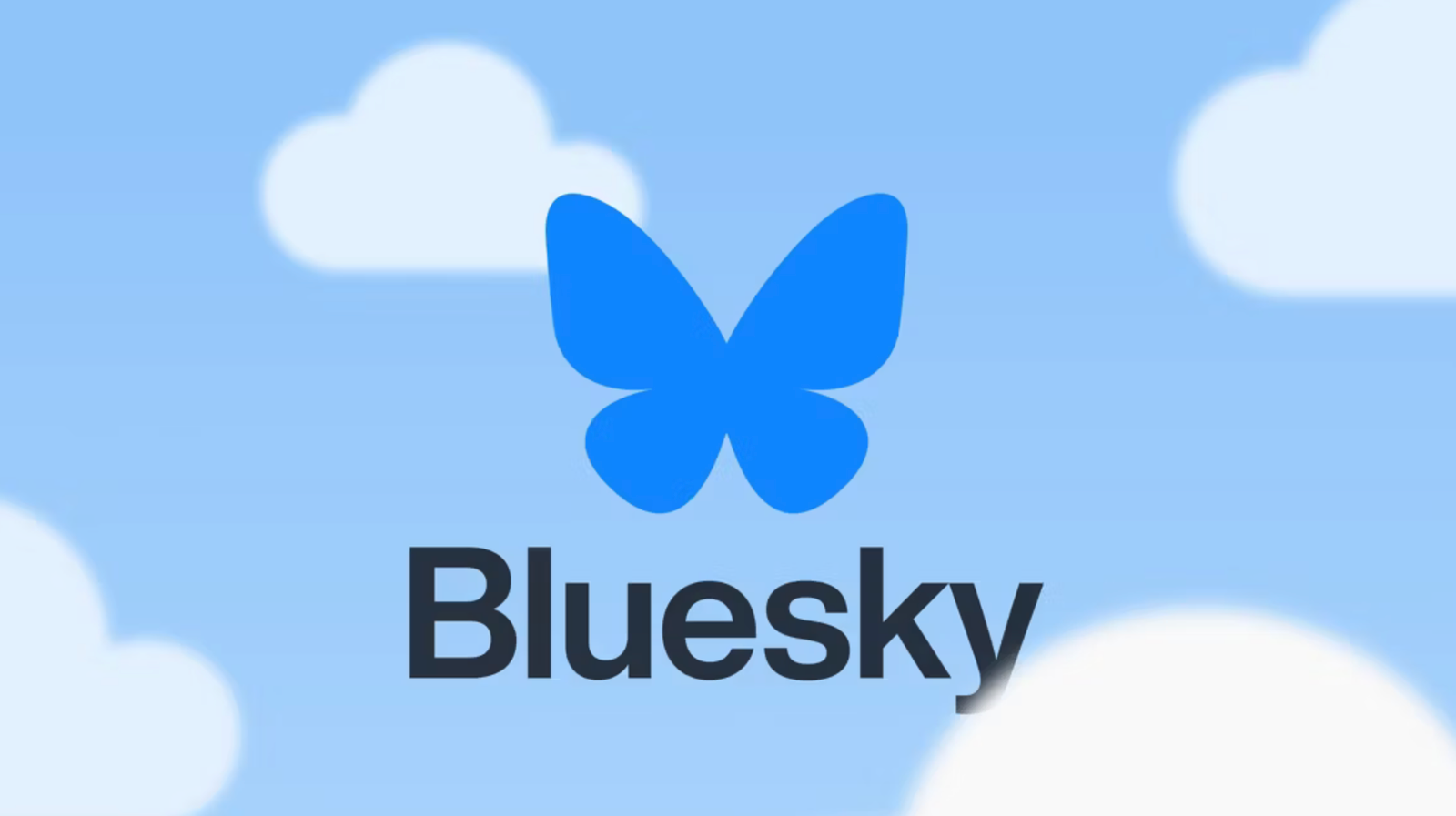







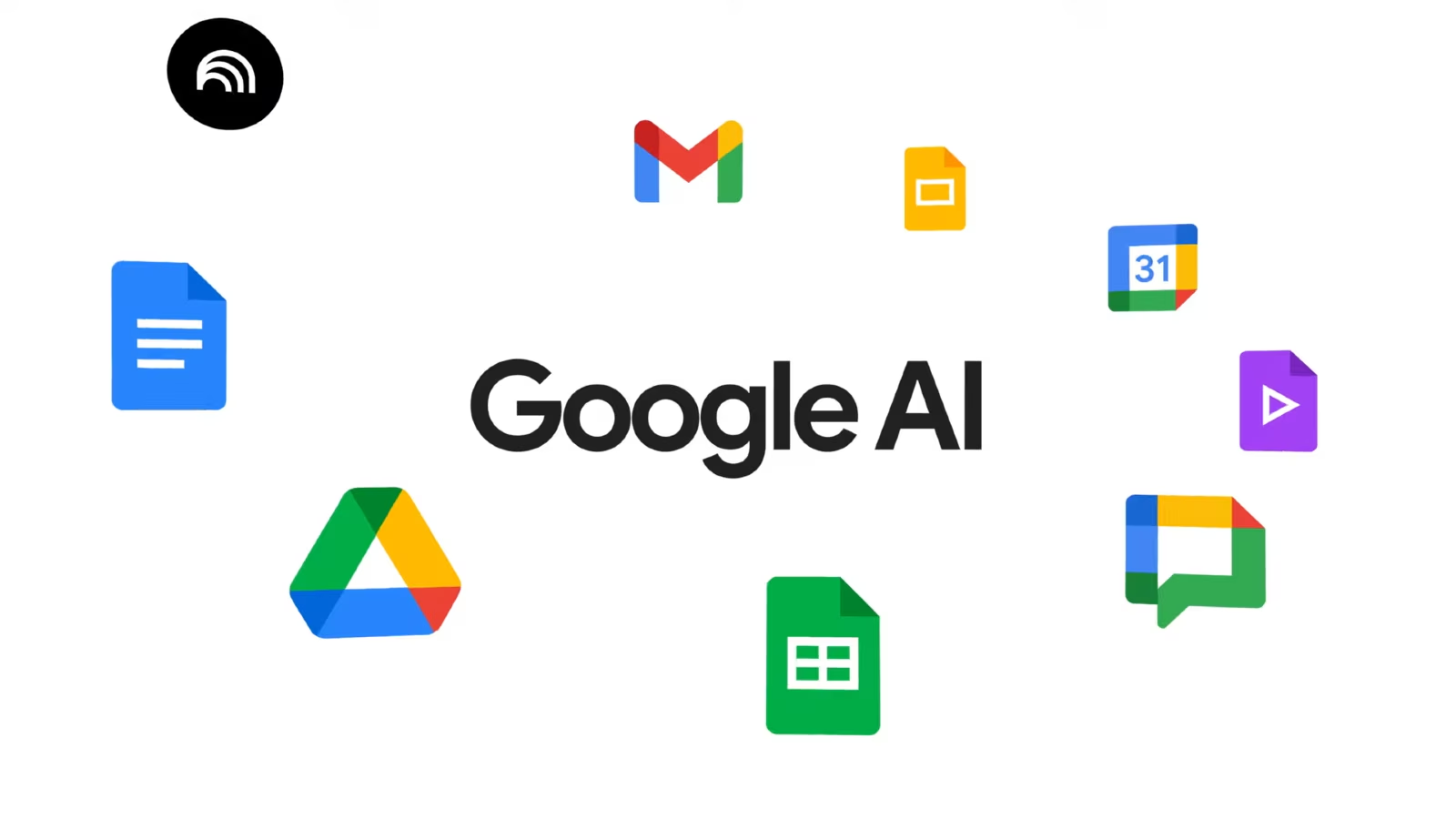
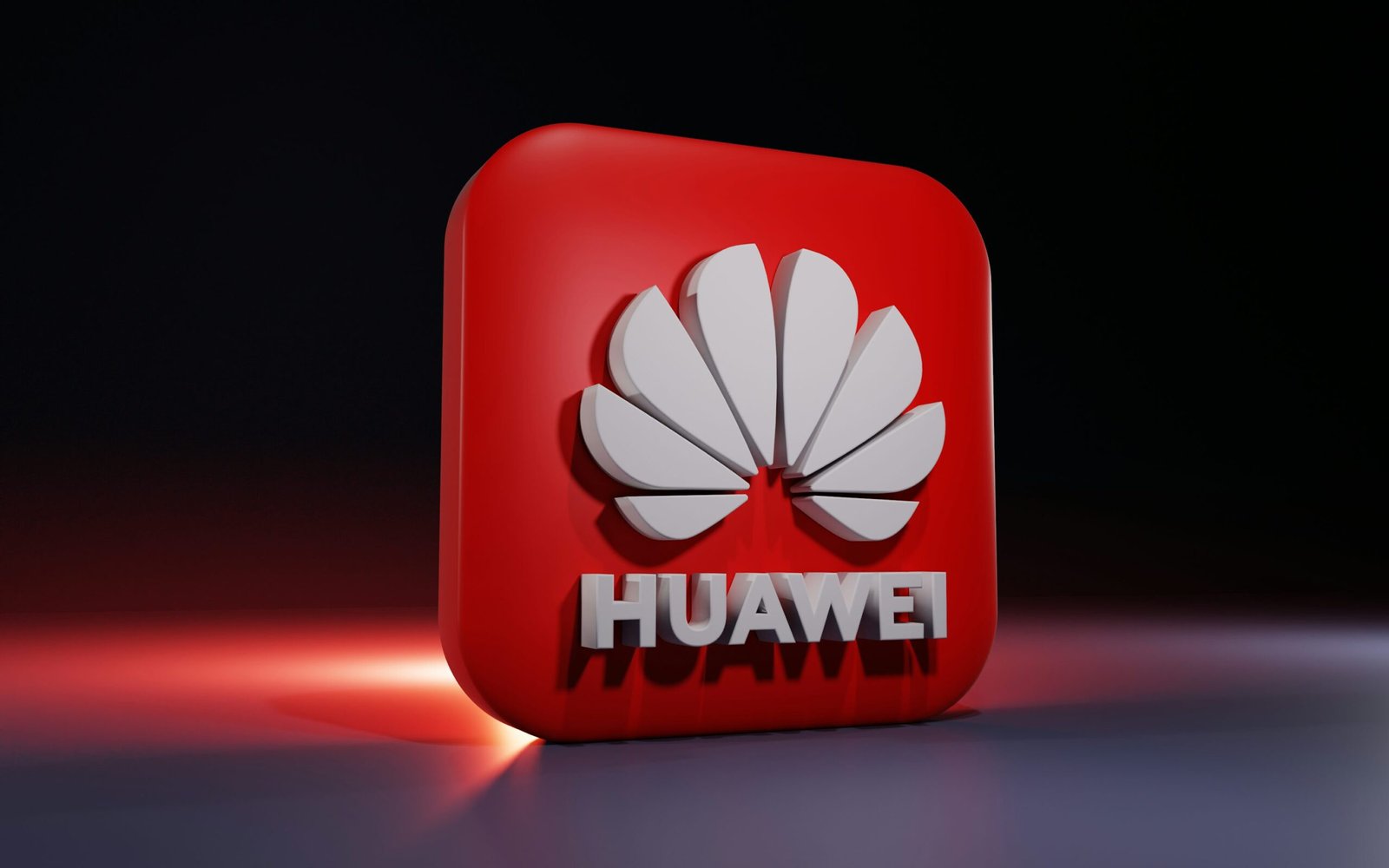

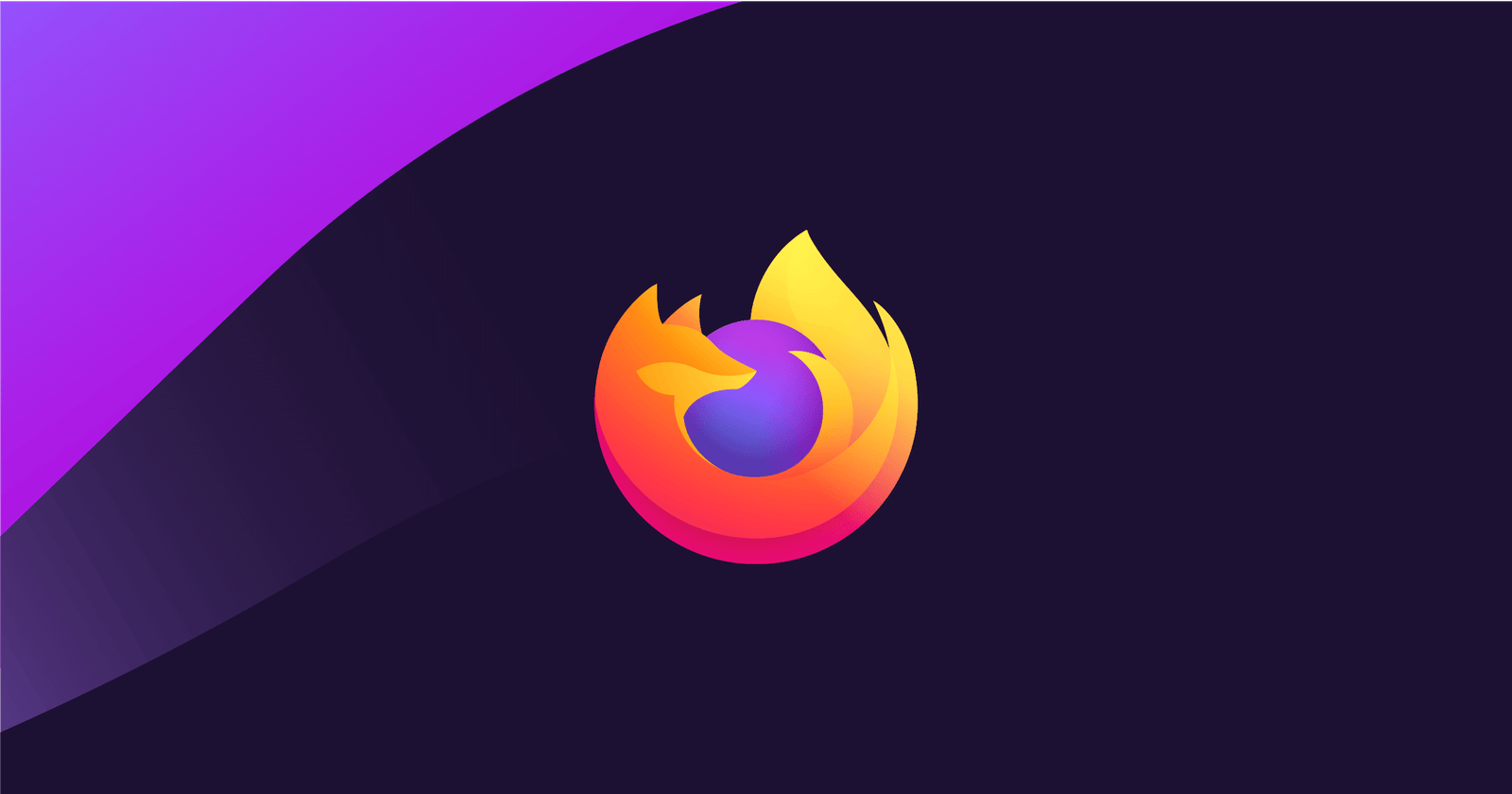

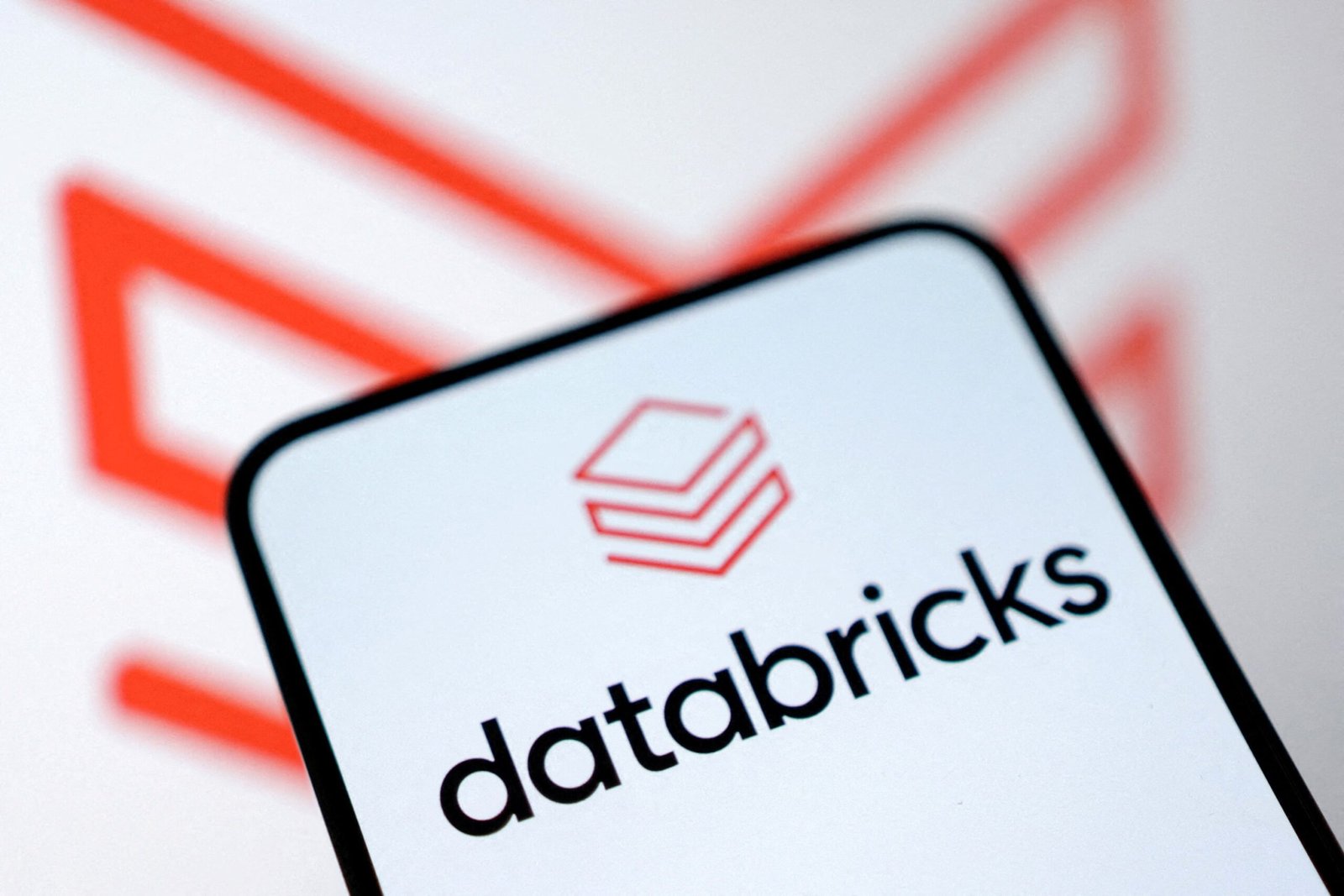




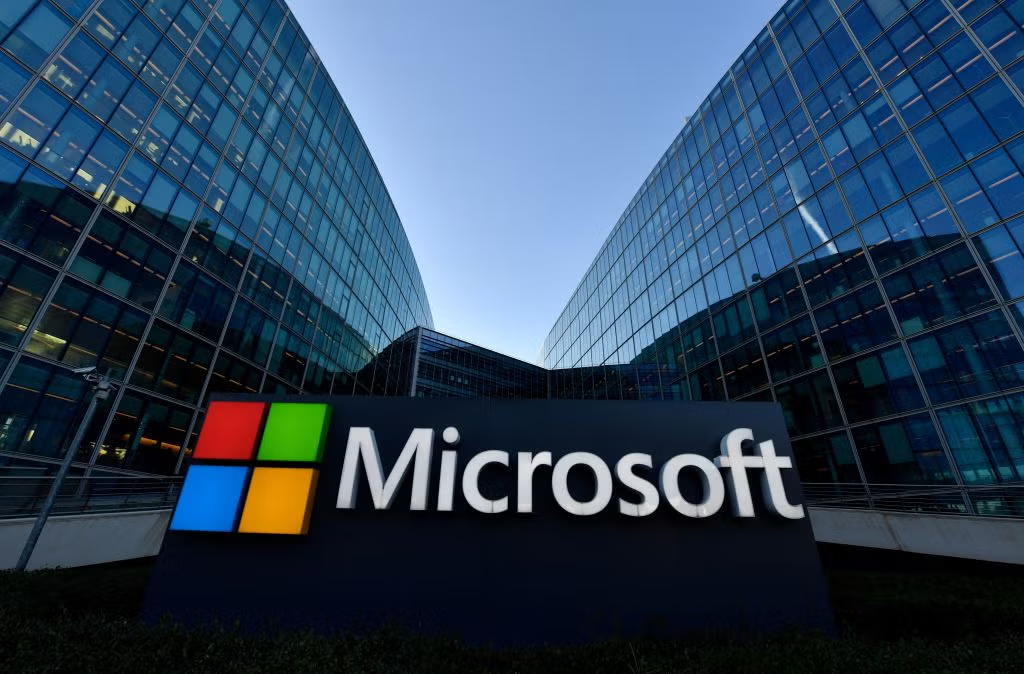






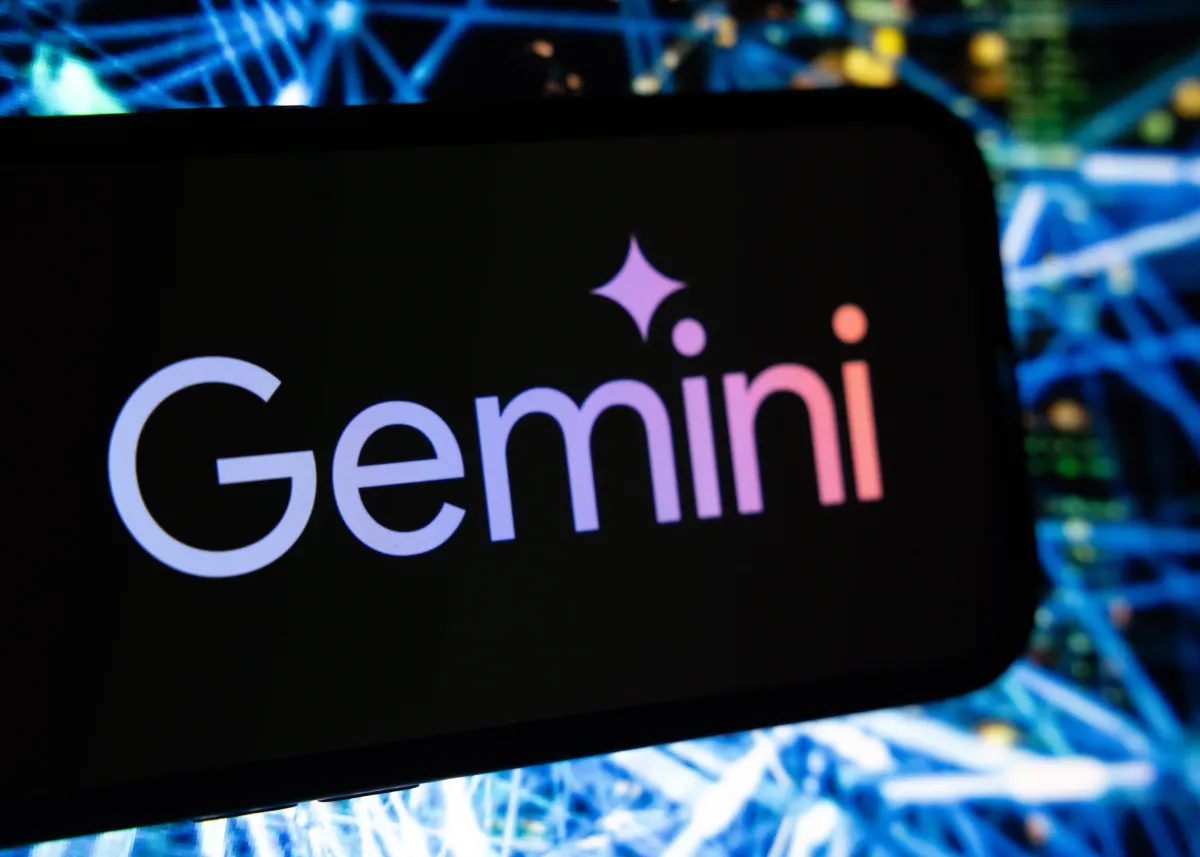

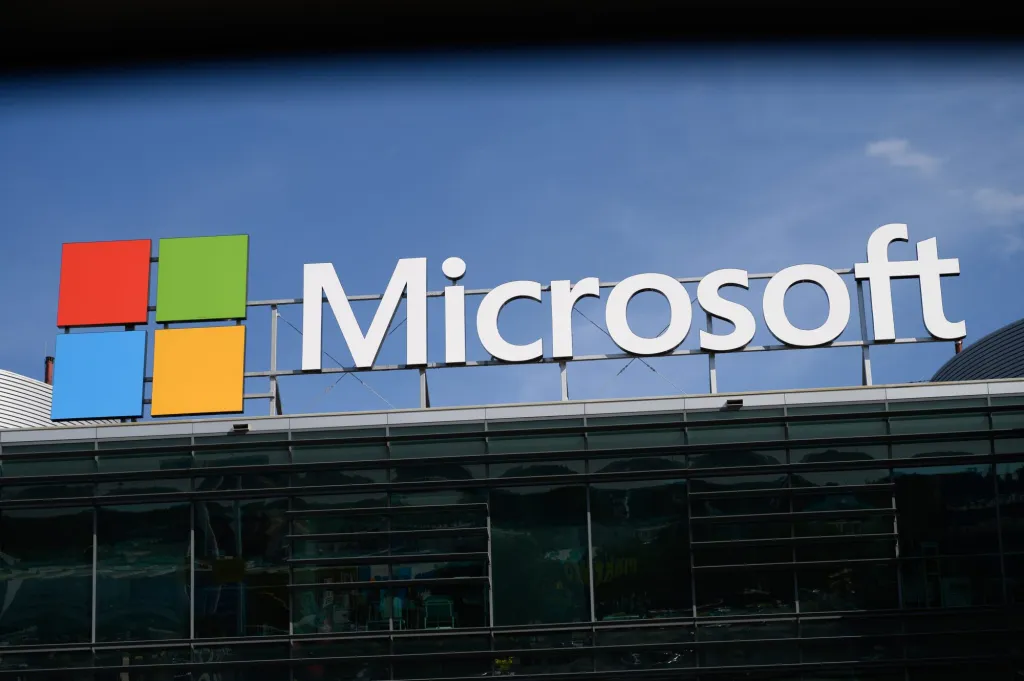

RichardLuche
Dating websites provide a innovative approach to connect people globally, combining intuitive tools like profile galleries and compatibility criteria.
Key elements include video chat options, social media integration, and personalized profiles to streamline connections.
Smart matching systems analyze behavioral patterns to suggest compatible matches, while account verification ensure trustworthiness.
https://materiascritta.com/dating/why-hentai-is-more-than-just-cartoon-porn/
Leading apps offer premium subscriptions with exclusive benefits , such as unlimited swipes , alongside real-time notifications .
Whether seeking long-term relationships, these sites cater to diverse needs , leveraging AI-driven recommendations to foster meaningful bonds.
RichardLuche
Dating websites provide a innovative approach to connect people globally, combining intuitive tools like photo verification and interest-based filters .
Core functionalities include secure messaging , geolocation tracking , and personalized profiles to streamline connections.
Smart matching systems analyze behavioral patterns to suggest compatible matches, while privacy settings ensure safety .
https://rampy.club/dating/the-shift-toward-authentic-adult-content/
Leading apps offer premium subscriptions with exclusive benefits , such as priority in search results, alongside real-time notifications .
Whether seeking casual chats , these sites adapt to user goals, leveraging community-driven networks to foster meaningful bonds.
KevinGet
Нужно найти информацию о пользователе? Наш сервис предоставит детальный отчет мгновенно.
Используйте продвинутые инструменты для поиска цифровых следов в открытых источниках.
Узнайте контактные данные или интересы через автоматизированный скан с гарантией точности .
глаз бога тг бесплатно
Бот работает с соблюдением GDPR, обрабатывая общедоступную информацию.
Закажите расширенный отчет с геолокационными метками и списком связей.
Доверьтесь надежному помощнику для digital-расследований — результаты вас удивят !
Jerryliage
Back then, I believed medicine was straightforward. The system moves you along — nobody asks “what’s really happening?”. It felt official. Then cracks began to show.
Then the strange fog. I blamed my job. And deep down, I knew something was off. I searched forums. The warnings were there — just buried in jargon.
fildena strong 120 mg
That’s when I understood: one dose doesn’t fit all. The reaction isn’t always immediate, but it’s real. Side effects hide. Still we trust too easily.
Now I pay attention. Not because I’m paranoid. I track everything. Not all doctors love that. This is survival, not stubbornness. The lesson that stuck most, it would be keyword.
TtyaBom
Портал предлагает рецепты с расчетом времени на каждый этап. Это помогает точно планировать процесс приготовления, особенно когда готовишь несколько блюд.
Сайт titaya.kherson.ua
ThomasZooxy
Les modèles connectées intègrent des technologies innovantes en fitness .
Dotées de GPS précis et de moniteur cardiaque , elles répondent à tous niveaux.
L’autonomie atteint jusqu’à 14 jours selon le modèle, parfaite pour activités intenses .
montres golf Garmin
Les fonctions santé analysent le sommeil ainsi que les calories, aidant à global .
Intuitives pour personnaliser, elles s’adaptent facilement dans votre vie, avec une interface intuitive .
Choisir Garmin c’est profiter de une technologie éprouvée dans la gestion de vos performances .
ErnestVet
Bilinçli casino oynamak , riskleri azaltır.
Oyun bütçenizi önceden belirlemek , kontrolü tutmaya olanak tanır.
Hesabınızı hariç tutma araçlarını kullanmak, sorunları engellemenize destek olur .
Alevtr Casino
Bahislerin etkilerinin farkında olmak, dengeli katılım sağlar .
Erken aşamada danışmanlık hizmeti danışmak, keyfi çözmeye yardımcı olur .
Bu önlemler, sorumluluk dolu bahis süreci keyfini maksimize eder.